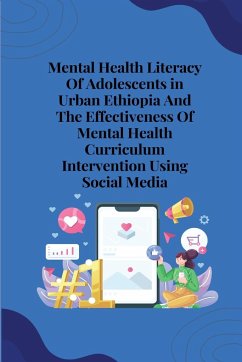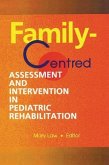Mental health is among the primary public health priorities interlinking with physical health and well-being; as the saying goes, "there is no health without mental health." Nowadays, the burden of mental health problems and disproportional suffering among the adolescent population is increasing compared to other age groups for multiple reasons. Mental health literacy, defined as knowledge, beliefs, and awareness of mental health issues, is a notable modifiable factor linking to immediate and intermediate mental health outcomes. Understanding adolescents' mental health issues and these modifiable determinants are essential to maintaining a healthy mental state and improving well-being and quality of life. However, evidence about adolescents' mental health, mental health literacy, and the socio-demographic effects were inadequate in low-income countries, Ethiopia included. Schooling systems as ideal places and mental health curriculum as organized content has gotten attention in promoting children and adolescents' mental health. However, resource limitations and structural inequalities necessitate an effective and sustained mode and medium of delivery. In this regard, digital devices, apps, and internet platforms have become imperative more than ever integrated with adolescents' daily life providing golden opportunities. According to qualitative evidence, online health interventions have reportedly overcome logistical and physical challenges. Social media, for example, provides these opportunities and has evolved into an appealing platform for exchanging health information. However, affordability inequality creates the digital divide and digital differentiation related to devices and/or internet access, digital/internet literacy, and skills. Likewise, content selection and scanty evidence about the quantitative.







